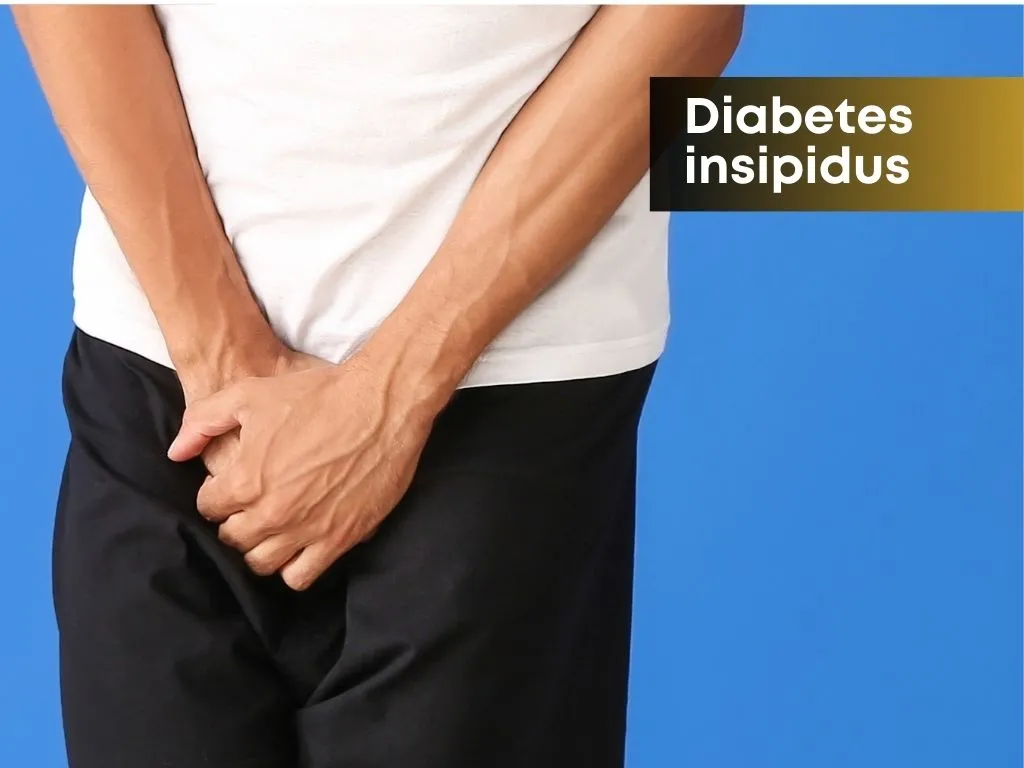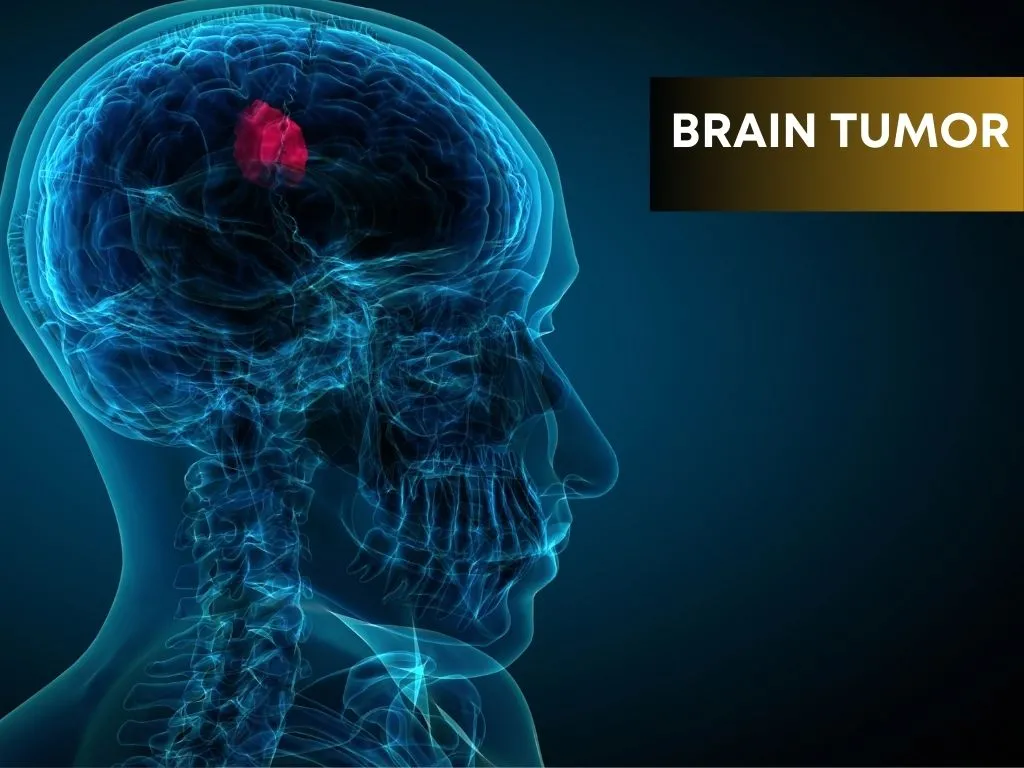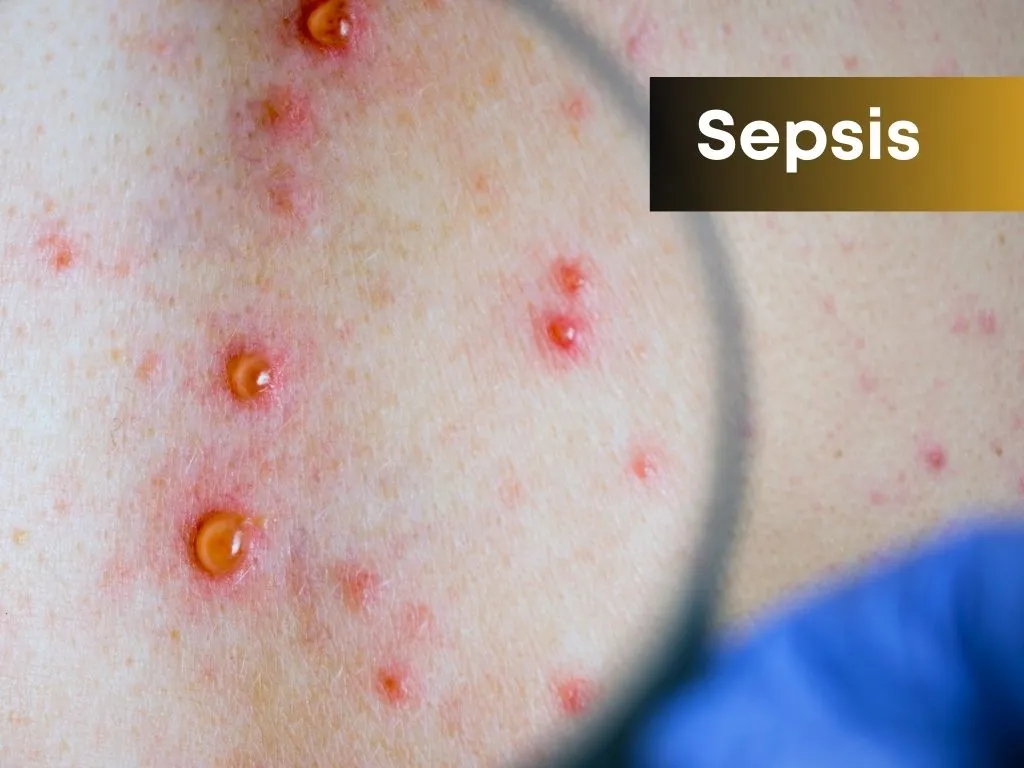Diabetes insipidus
-
 Nalamaree Team
Nalamaree Team
- 23 September 2025
Overview
Diabetes insipidus (DI) is a condition characterized by excessive thirst and excretion of large amounts of diluted urine. It occurs when the kidneys are unable to properly concentrate urine, leading to excessive fluid loss and dehydration. It is caused by a deficiency of Antidiuretic Hormone (ADH), also known as Vasopressin, or by the kidneys' insensitivity to ADH.
There are two main types of diabetes insipidus:
Causes
Nephrogenic diabetes insipidus:
Symptoms
Common symptoms of diabetes insipidus (DI) include:
Treatment: Modern Medicine
Central Diabetes Insipidus (CDI):
Nephrogenic Diabetes Insipidus (NDI):
Treatment: Traditional Medicine
Caution





















.jpg.webp)
